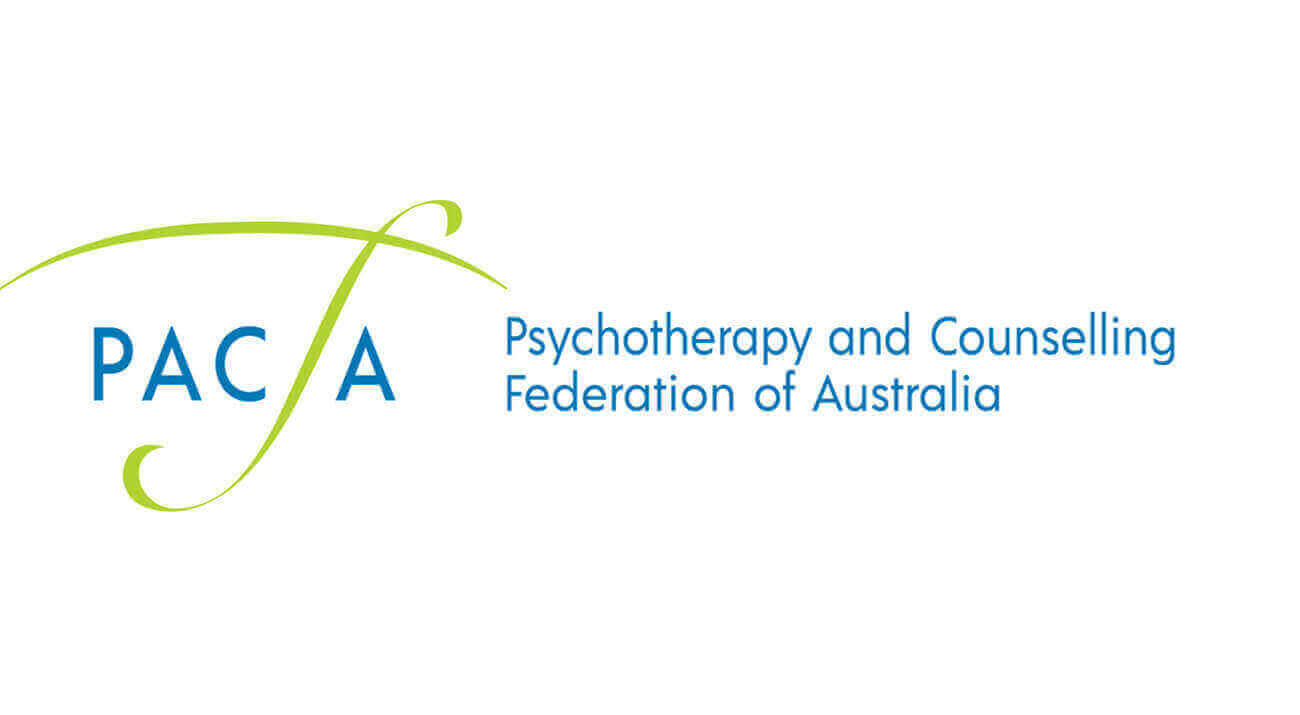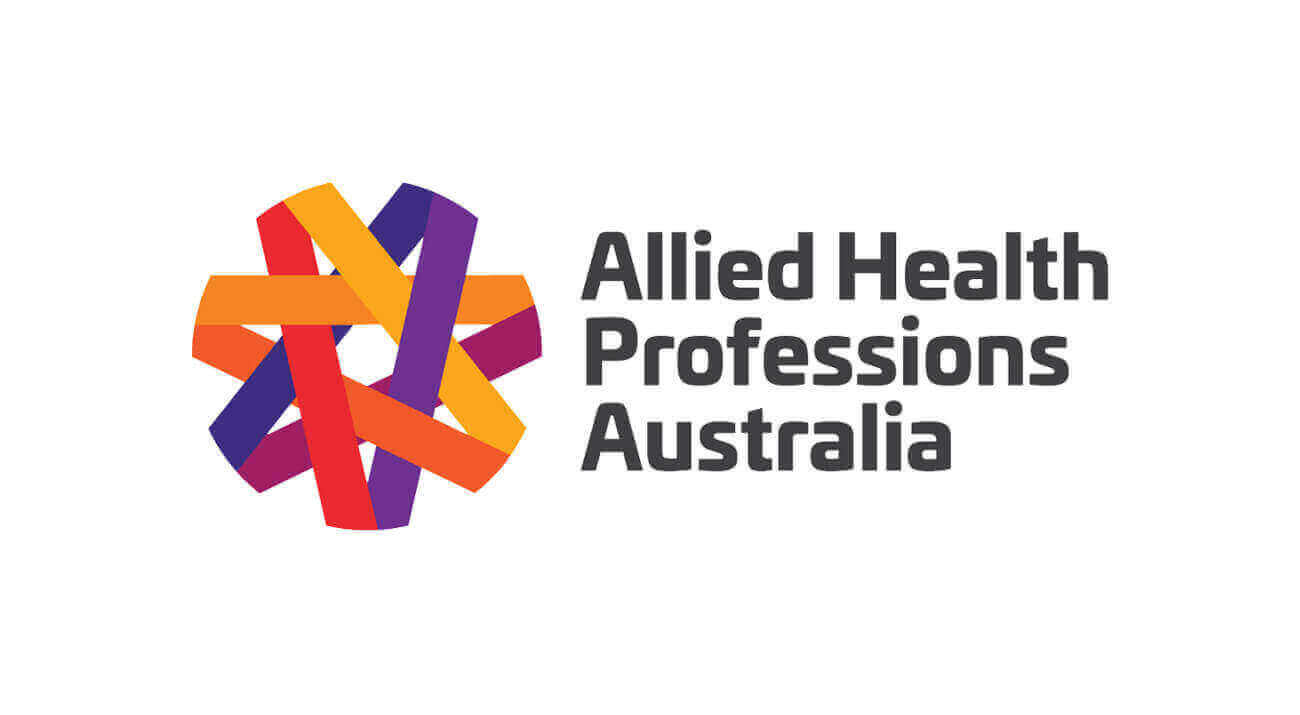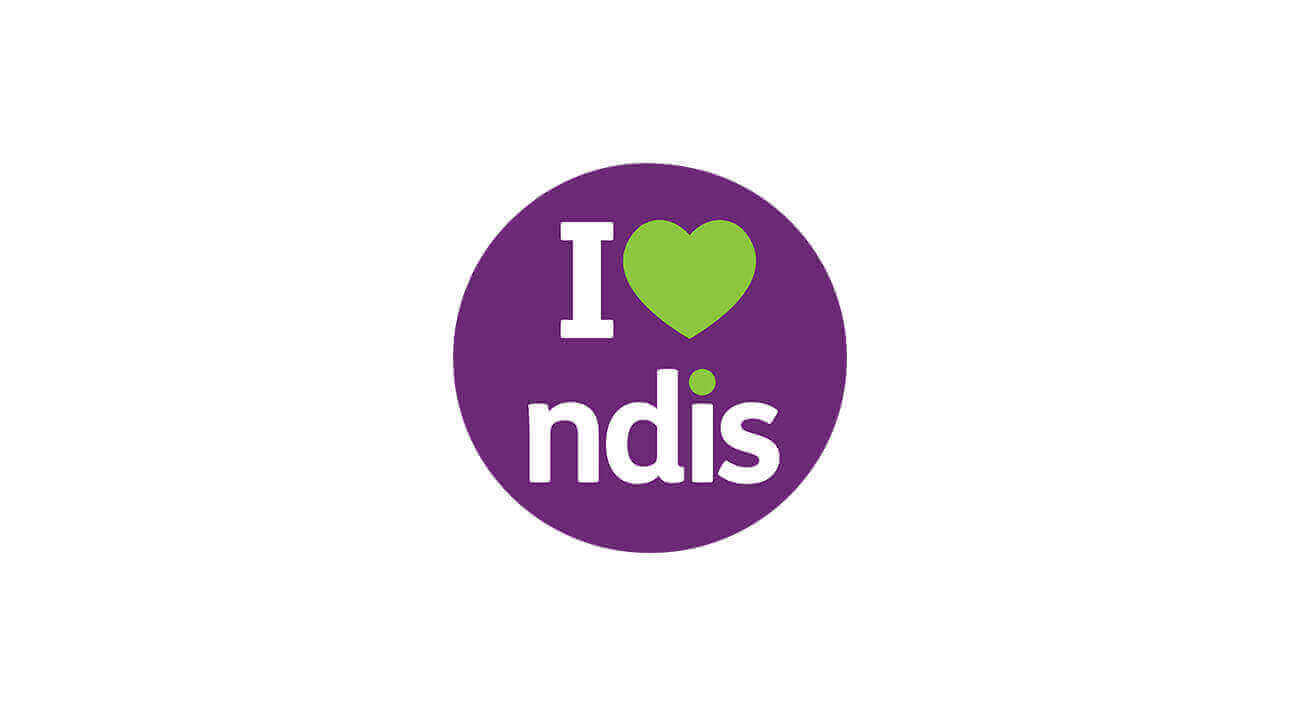Schema Therapy
Schema therapy is a therapeutic approach that focuses on identifying and addressing deep-seated, negative core beliefs, known as “schemas,” that shape our thoughts, feelings, and behaviours. These schemas often develop in childhood and can continue to influence our lives into adulthood.


How Does Counselling Help?
How Does Counselling Help?
Talk and express your thoughts, personal struggles, and concerns privately in a non-judgmental environment

Who Can Benefit From Counselling?
Who Can Benefit From Counselling?
Counselling can benefit many people and assist with dealing with personal problems and challenges

The Benefits Of Having Counselling
The Benefits Of Having Counselling
Counselling gives you a different perspective on your problem to solve it effectively and positively

Reasons People Come To Counselling
Reasons People Come To Counselling
These include communication and relationship issues, stress and anxiety, feeling sad or lonely, or self-esteem issues
How Does Schema Therapy Work?
- Schema Identification: The therapist works with you to identify the underlying schemas that are contributing to your difficulties. This involves exploring your childhood experiences, beliefs, and patterns of behaviour.
- Schema Targeting: Once your schemas are identified, the therapist helps you understand how they are affecting your life and relationships.
- Schema Restructuring: The goal of schema therapy is to challenge and restructure these negative schemas. This involves developing healthier coping strategies, changing negative thought patterns, and developing more positive beliefs about yourself and the world.
- Schema Mode Therapy: Schema therapy often includes “schema mode therapy,” which focuses on the different emotional states or “modes” that are associated with your schemas. By understanding these modes, you can learn to manage them more effectively.

What are Some Common Schemas?
- Defectiveness: The belief that you are flawed, inadequate, or unworthy.
- Abandonment: The fear of being alone, unsupported, or unloved.
- Mistrust: The belief that others cannot be trusted or relied upon.
- Isolation: The belief that you are isolated, lonely, or different from others.
- Dependency: The belief that you cannot take care of yourself and need others to do things for you.
- Vulnerability: The fear of being harmed or controlled by others.

Benefits of Schema Therapy
- Increased self-awareness: Schema therapy helps you understand the underlying reasons for your thoughts, feelings, and behaviours.
- Improved relationships: By addressing negative schemas, you can develop healthier and more fulfilling relationships.
- Enhanced emotional regulation: Schema therapy teaches you to manage your emotions more effectively.
- Greater self-esteem: By challenging negative beliefs about yourself, you can develop a stronger sense of self-worth.
If you are struggling with chronic patterns of negative thoughts, feelings, or behaviours, schema therapy may be a helpful approach.

Book A Session
Please note: If you contact us after hours or on weekends, then reception will contact you the next business day.


